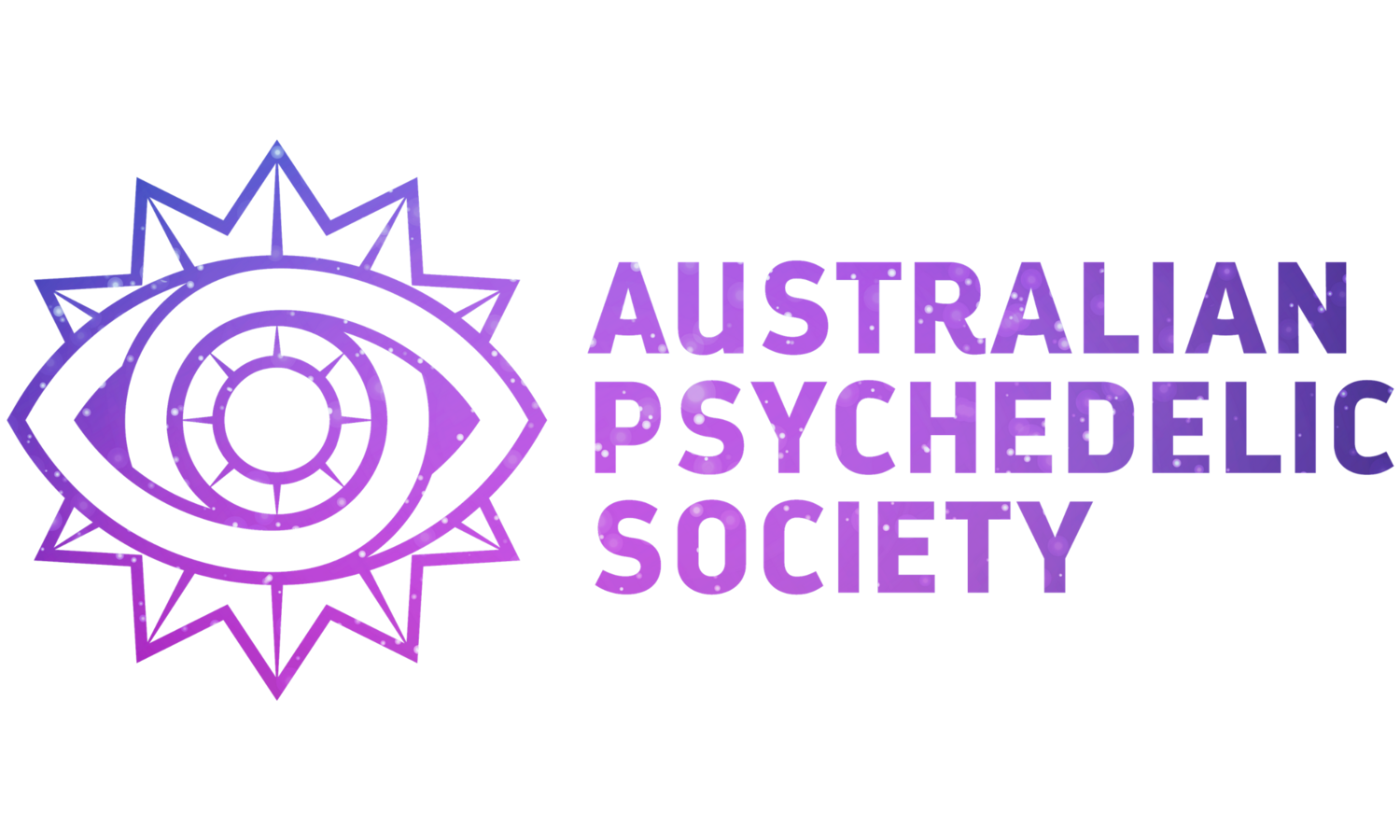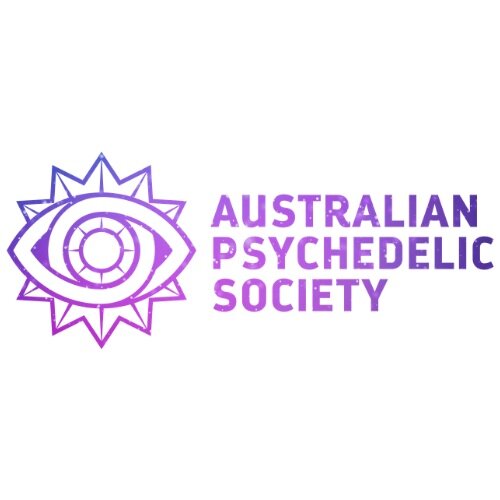An Introduction to Psychedelics
What are psychedelics?
Psychedelic substances are a class of psychoactive substances that can induce strong changes in how we see the world, both through our psychology and sensory perception.
In terms of etymology, psychedelic comes from the Greek words psyche and dēlos, which combine to mean mind-revealing or soul-revealing. This strikes a chord with many, who feel psychedelics often peel back filters on their perception, to show an underlying deeper meaning. These experiences can often be characterised as mystical or spiritual, with a deep sense of connection, meaning, and ineffability.
Classic psychedelics include compounds such as LSD, psilocybin (mushrooms), mescaline, ayahuasca and DMT. However, other classes of compounds may also possess psychedelic qualities. These include dissociatives like Ketamine and MXE, and entactogens such as MDMA and MDA. Many people have also occasioned psychedelic experiences without a substance, just through meditation or the use of their own breath.
What is recreational use?
Some people use psychedelics to enjoy the visual and physical sensations they can bring. They can also help people enter flow states, which can support creative practice and exploration, or make dancing a little bit more fun. Some recreational use is self-directed therapeutic use. People have found psychedelics to be a valuable tool in helping to see difficult situations in a new light, and to help them better understand and resolve issues.
What is therapeutic use?
Psychedelic substances have been used as medicines for thousands of years:
Psilocybin mushrooms in Mexico
Ayahuasca in South America
Peyote cactus by Native Americans
Today, in Western society, there is a psychedelic renaissance occuring. Many studies are starting to show how compounds such as LSD, psilocybin, ayahuasca, and ketamine can be used to treat mental illnesses such as depression, anxiety, PTSD and addiction, and to improve overall quality of life.
What is the history of psychedelic use?
Epiphanies and life lessons
Epiphanies during a trip are common among recreational psychedelic users, where a solution to a long-standing, difficult problem they have never previously considered suddenly materialises. These can be difficult experiences for people when hard truths surface that they have been avoiding, or for people in less than a conducive place physically or emotionally to consider honestly what is being brought to their attention. However, in the right set and setting, these experiences can bring about positive change in people’s lives.
Set and Setting
Set and setting is about making sure that you are in a good mindset and a good physical setting to give yourself the best possible psychedelic experience.
What is psychedelic research?
This is scientific research that seeks to test the efficacy of psychedelic drugs for therapeutic purposes. This is difficult research to establish, as the legal status of these substances classes them as having no therapeutic benefit. There is also not a strong potential for profit from these therapies, due to the drug not being owned by a specific company. This makes the usual channels for research difficult to access. Universities fear potential controversy, and profit-making laboratories may not see value in undertaking this research.
What is a psychedelic community?
A psychedelic community is one populated by people who are curious about the effects of psychedelics, and the potential these substances demonstrate for positive personal experiences and the betterment of society as a whole.
The Modern Psychedelic Paradigm
There is a long-hidden history of intrigue in spaces we would think of as psychedelic today in the traditions of the people of this land. It was not long after people from Europe started entering and creating what is modern ‘Australia’, focusing our culture on the technical and economic advances spreading across the globe through the British empire and other European empires. The striving for physical domination led more complex mental worlds into hiding, across indigenous and local populations. Mythology arose to explain the actions of the purposefully mysterious to the layperson.
The understanding of story as core to the furthering of sensible psychedelic culture gives it life. The psychedelic is a story between minds, not in the physical. In other words, psychedelic culture is predicated on the strength of narrative.
Psychedelics were originally banned across Australia as part of the spread of drug control legislation, which began with the attempt to control strong markets with confusing purposes, like the opiate medication/recreation dichotomy and the cannabis/hemp dichotomy.
The early 1970s saw psychedelics banned across Australia, driven by a moral panic in the US.

